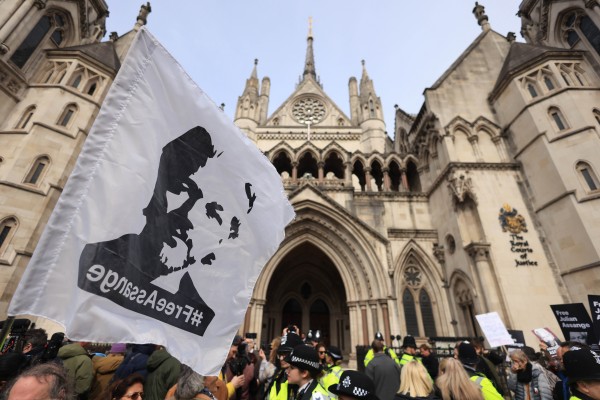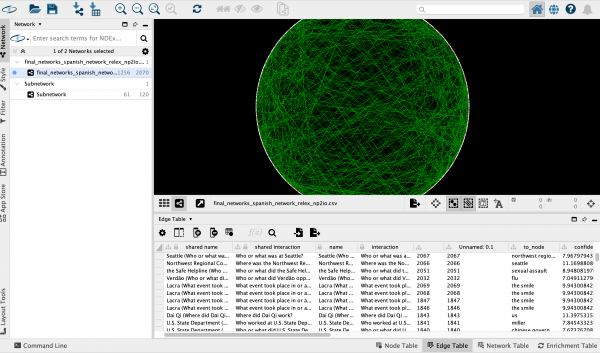Caribbean media workers from 12 island nations today joined in downtown Kingston to sign the Declaration of Emancipation Park in observance of World Press Freedom Day 2014.
The signers acknowledged the role of independent media in promoting good governance, empowerment and the eradication of poverty, and they pledged to monitor and influence the rule of law to ensure the safety of journalists and end impunity for crimes against them.
They also committed to work to ensure the sustainability of, and professionalism in, the practice of journalism and called on Caribbean governments “as a matter of urgency to decriminalise defamation and make reforms to end other restrictions on media freedom.
Journalists, broadcasters, media entrepreneurs and managers, academics and members of civil society signed the document on the second day of a two-day celebration marking World Press Freedom Day. The celebration was sponsored by the Press Association of Jamaica (PAJ), the Media Association Jamaica Limited (MAJ), the International Press Institute (IPI), the Association of Caribbean MediaWorkers and UNESCO’s Kingston Cluster Office.
IPI was also a signatory to the Declaration.
IPI Executive Director Alison Bethel McKenzie delivered an address at an Editor’s Breakfast sponsored by the PAJ on May 2. She also served as keynote speaker at the opening of the two-day session, entitled “Reaching New Goals: Free Media Fortifies the Post-2015 Development Agenda”.
Signers of the Declaration pledged to achieve “the objectives of this year’s universal observances”, adding: “We recognise the value of the free press in deepening the democratic process and promotion of the means through which true development is pursued and achieved and agree with the United Nations Educational Scientific and Cultural Organisation (UNESCO) that ‘only when journalists are free to monitor, investigate and criticise a society’s policies and actions can good governance take hold.’ ”
They also endorsed the Declaration of Port of Spain, adopted by IPI’s General Assembly in Trinidad and Tobago on June 26, 2012, which states that “media freedom remains a key to the establishment of good governance and durable economic, political, social and cultural development, prosperity and peace in the Caribbean, and to the fight against corruption, poverty, violent crime and disease.”
The Declaration of Emancipation Park builds on that, stating:
“In keeping with such a Declaration, we renew the call for Caribbean governments ‘as a matter of urgency’ to abolish criminal defamation legislation and common law criminal defamation rules, as well as review civil defamation laws and all other laws that restrict media freedom.”
The signers committed to actively promoting “measures that would encourage the pursuit of higher professional standards in journalism, including stricter adherence to ethical conduct and the existence of media work environments that promote media best practice[s] and improved performance”.
Today’s World Press Freedom Day activities in Jamaica are set to close following day-long workshops on mainstreaming media and on reporting development. The latter is to be presented by IPI Executive Director Alison Bethel McKenzie and IPI Executive Board Member Martha Steffens, along with veteran environmental journalist Julius Gittens of Barbados.
The full text of the Emancipation Park Declaration appears below
We, Caribbean journalists, broadcasters, media entrepreneurs and managers, academics and civil society organisations assembled at Emancipation Park, Kingston, Jamaica on May 3 in observance of World Press Freedom Day 2014 devoted to:
1. Celebrating the fundamental principles of press freedom;
2. Assessing the state of press freedom in the Caribbean and throughout the world;
3. Defending the media from attacks on their independence;
4. Paying tribute to journalists who have suffered loss of life, injury, torture, kidnappings and threats in the line of duty;
Hereby pledge to devote ourselves to achievement of the objectives of this year’s universal observances that include:
1. Acknowledgement of a role for independent media in promoting good governance, empowerment and the eradication of poverty;
2. Monitoring and influencing the rule of law to ensure the safety of journalists and bringing about an end to impunity;
3. Working to ensure the sustainability of and professionalism in the practice of journalism.
We recognise the value of the free press in deepening the democratic process and promotion of the means through which true development is pursued and achieved and agree with the United Nations Educational Scientific and Cultural Organisation (UNESCO) that “only when journalists are free to monitor, investigate and criticise a society’s policies and actions can good governance take hold.”
We also agree that “independent investigative journalism is an ally of open government and thereby enhances the effectiveness, and thence the legitimacy, of development processes.”We endorse the position noted in the report of the United Nations High-Level Panel on the post-2015 development agenda, convened by Secretary-General Ban Ki-moon , which said, “the rule of law, freedom of speech and the media, open political choice and active citizen participation, access to justice, non-discriminatory and accountable governments and public institutions help drive development and have their own intrinsic value. They are both means to an end and an end in themselves.”
We also endorse the Declaration of Port of Spain adopted by the General Assembly of the International Press Institute (IPI) in Trinidad and Tobago on June 26, 2012 in which it is agreed that “media freedom remains a key to the establishment of good governance and durable economic, political, social and cultural development, prosperity and peace in the Caribbean, and to the fight against corruption, poverty, violent crime and disease.”
In keeping with such a Declaration, we renew the call for Caribbean governments “as a matter of urgency” to abolish criminal defamation legislation and common law criminal defamation rules, as well as review civil defamation laws and all other laws that restrict media freedom.
We remain guided by Article 19 of the Universal Declaration of Human Rights, Article 13 of the American Convention on Human Rights and other international instruments which establish freedom of expression as a fundamental human right.
We acknowledge the imperfections of Caribbean media performance and commit to actively promote measures that would encourage the pursuit of higher professional standards in journalism, including stricter adherence to ethical conduct and the existence of media work environments that promote media best practice and improved performance.
We support and encourage the efforts of the Association of Caribbean MediaWorkers [and] its affiliates, including the Press Association of Jamaica (PAJ), along with the Media Association Jamaica (MAJ), associated organisations and institutions region-wide and internationally to promote high professional standards, more efficient networking of resources and more effective press freedom advocacy.
We call on all Caribbean people, wherever they are, to express support for freedom of the press as an integral part of the freedoms we have earned throughout our turbulent past.


